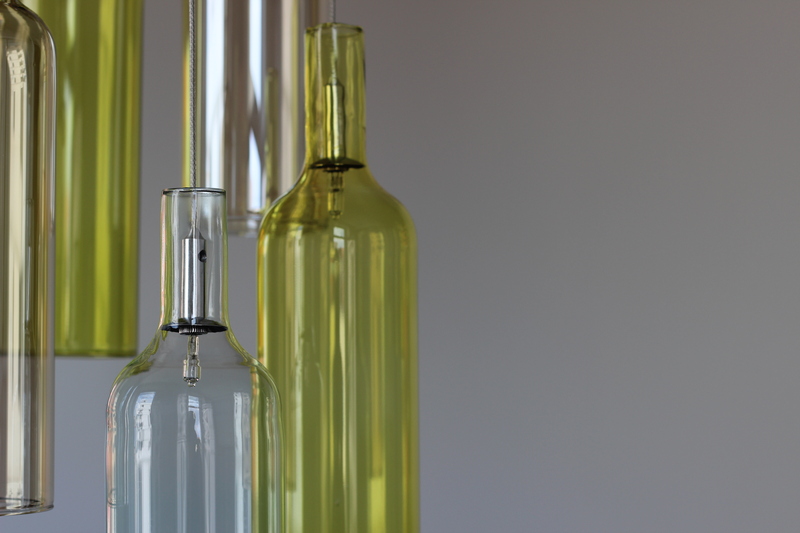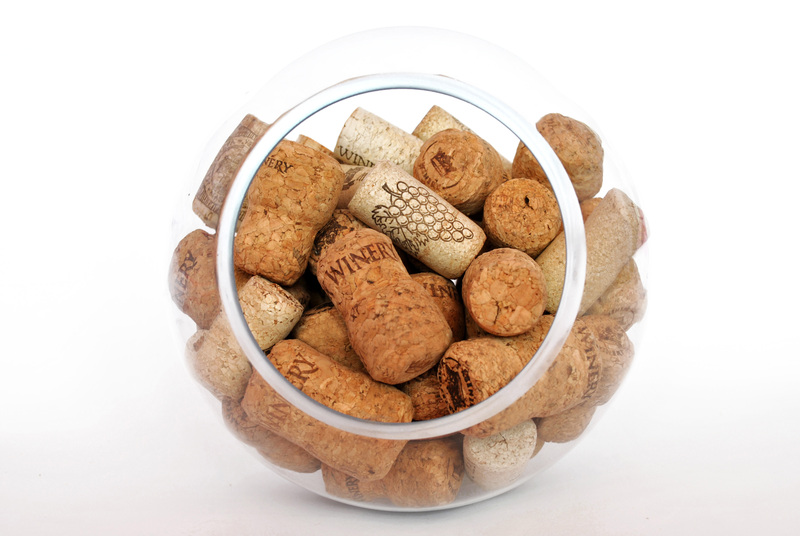Reusing Coffee Grounds to Nourish and Promote Plant Growth
Posted on 15/05/2024
Coffee is one of the most popular beverages in the world, with an estimated 2.25 billion cups consumed every day. But did you know that your daily cup of coffee can also be used to benefit your garden? Coffee grounds, the leftover remains of brewed coffee, are rich in nutrients and can be reused as a natural fertilizer for your plants. In this article, we will explore the benefits of using coffee grounds in gardening and provide tips on how to use them effectively.
Benefits of Using Coffee Grounds in Gardening
1. Rich Source of Nutrients: Coffee grounds contain nitrogen, potassium, and phosphorus - essential plant nutrients that help promote healthy growth. They also contain other micronutrients like magnesium, calcium, and sulfur which are beneficial for overall plant health.
2. Improve Soil Quality: Adding coffee grounds to soil can increase its acidity, making it ideal for acid-loving plants such as blueberries, azaleas, and rhododendrons. The grounds also act as a natural compost, improving soil structure and water retention.
3. Deter Pests: Coffee grounds contain caffeine, which acts as a natural insect repellent. Sprinkling them around your plants can help keep pests like slugs and snails at bay.
4. Sustainable Solution: Reusing coffee grounds not only benefits your plants but also reduces waste. By giving new life to something that would have otherwise been thrown away, you are contributing to a more sustainable environment.

How to Use Coffee Grounds in Gardening
1. Composting: One of the best ways to use coffee grounds is by adding them to your compost pile. They provide nitrogen to the compost which helps break down organic matter and create nutrient-rich soil for your plants.
2. Direct Application: You can sprinkle coffee grounds directly onto the soil around your plants or mix them into the top layer of soil. It is best to use them in moderation, as too much can make the soil too acidic.
3. Homemade Fertilizer: You can also make a homemade fertilizer by mixing coffee grounds with equal parts of water and letting it sit for a few days. Then, strain the mixture and use the liquid as a natural fertilizer for your plants.
4. Mulching: Coffee grounds make an excellent mulch for acid-loving plants. A thin layer of grounds around your plants can help suppress weeds and retain moisture in the soil.
The Pros and Cons of Using Coffee Grounds in Gardening
Pros:
- Rich source of nutrients for plants
- Improves soil quality and water retention
- Acts as a natural insect repellent
- Sustainable solution for waste reduction
Cons:
- Too much coffee grounds can make soil too acidic
- Can attract pests if not used properly
- Some plants may not benefit from coffee grounds
- Not all coffee grounds are created equal (avoid using ones with added chemicals or flavorings)
Tips for Using Coffee Grounds in Gardening
1. Do not use fresh coffee grounds directly on your plants as they can be too acidic and may burn them. Let them dry out first or add them to your compost pile.
2. Avoid using coffee grounds on plants that do not thrive in acidic soil, such as tomatoes and peppers.
3. Use organic, unflavored coffee grounds for gardening to avoid any potential harm to your plants.
4. When using coffee grounds as mulch, make sure to leave some space between the stems of your plants to allow for air circulation.

Takeaways
Coffee grounds are a natural and sustainable way to nourish and promote plant growth in your garden. By adding them to your compost or directly incorporating them into the soil, you can provide vital nutrients to your plants. However, it is essential to use them in moderation and be mindful of which plants will benefit from their use.
In Conclusion
Next time you finish your cup of coffee, instead of throwing away the grounds, consider reusing them in your garden. With their numerous benefits and easy application, coffee grounds are an excellent addition to any gardeners' toolkit. Give them a try and see the difference they can make in promoting healthy and thriving plants.
